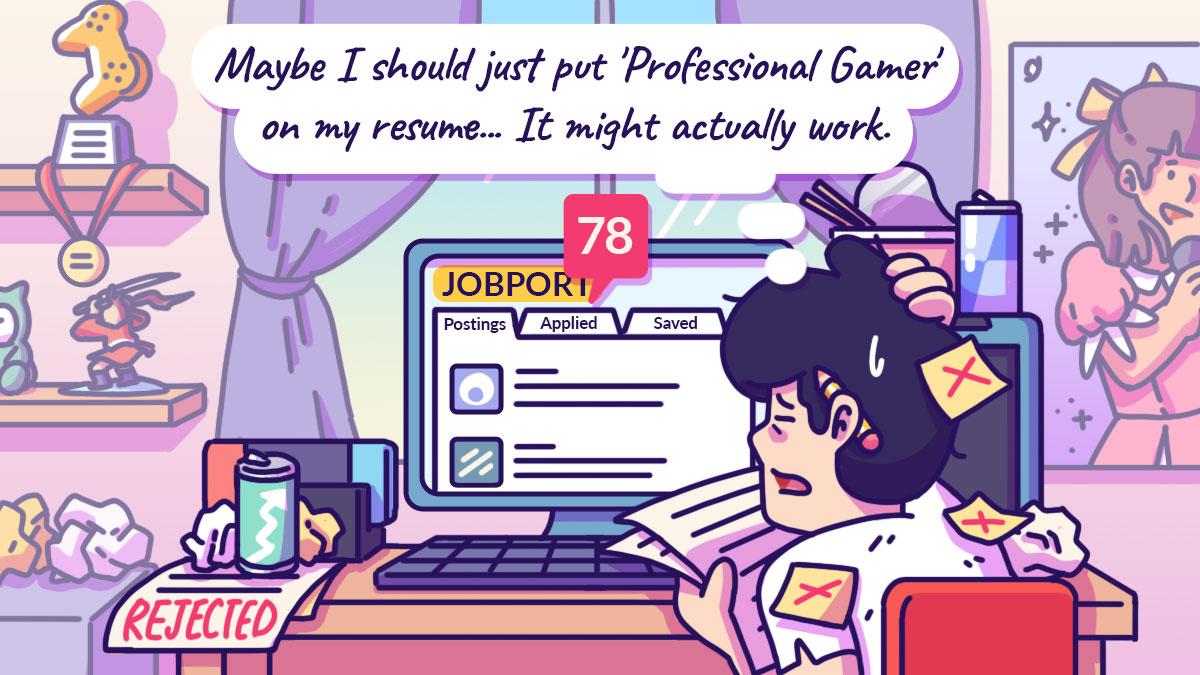Armed with digital fluency, entrepreneurial drive, and a deep value for autonomy, Gen Z is reshaping the future of work. For many, the dream job doesn’t come with a cubicle, but in a Discord server, an e-commerce dashboard, or a content calendar. Flexibility, passion, and multiple income streams are shaping a new work narrative, one that goes far beyond the conventional 9-to-5.
According to a MiLi study, 95% of young Southeast Asians believe that having multiple sources of income is essential. This mindset, combined with internet access, social platforms, and freelance marketplaces, has made Gen Z more resourceful and experimental than any generation before.
Here’s a closer look at the alternative career paths they’re diving into:
1. AI-Powered careers
Artificial intelligence (AI) is transforming the workforce in Southeast Asia, and Gen Z is right at the center of it. With their digital literacy and curiosity, they’re not just using AI tools, but actively shaping new careers around them.
A study by Amazon Web Services revealed that 90% of ASEAN employers prioritise talent with AI skills, yet 72% of them struggle to find suitable candidates. This gap presents a powerful opportunity for Gen Z. In some sectors, mastering AI can lead to salary increases of up to 36%, especially in IT and R&D.
New AI-driven jobs are emerging, from AI trainers and prompt engineers to content creators who accelerate production with AI, data annotators, and AI educators. Regional investments are also surging, such as Microsoft’s USD1.7 billion (SGD2.22 billion) commitment to Indonesia, which includes training 840,000 people in AI skills.
2. Careers in the booming eSports and gaming industry
Gaming has moved far beyond being just a hobby – it’s now a full-fledged career path. For Gen Z in Southeast Asia, eSports offers roles such as analysts, game strategists, shoutcasters, and streamers.
Countries like the Philippines, Indonesia, Malaysia, Singapore, Thailand, and Vietnam have seen rapid growth in eSports, supported by government efforts to boost local industries and host international tournaments.
Gaming also fuels a gig economy: Gen Z gamers monetise in-game items, mods, and skills. Platforms like Twitch and YouTube Gaming have empowered full-time streamers. In Singapore, the eSports team Chaos Theory became the first to offer full-time contracts with salaries and health insurance, a groundbreaking move for the industry.
3. E-Commerce and dropshipping entrepreneurs
Running an online business is more accessible than ever for Gen Z, thanks to dropshipping, a model that eliminates the need for inventory and reduces startup risk. Platforms like TikTok Shop make it easier to go viral and gain instant traction.
But it’s not all about fast profits. Gen Z shoppers (and sellers) care deeply about authenticity, community, and social impact in their buying and selling decisions. A Shopee survey revealed that nearly 70% of Southeast Asian Gen Zs consider e-commerce platforms a key entry point for researching products. This highlights how Gen Z wants to make well-informed decisions and be involved in every step of their shopping journey.
Dropshipping entrepreneurs among Gen Z are leveraging AI tools like Sell The Trend to predict which products will go viral, staying ahead in the ever-evolving market. With their tech-savviness and deep understanding of consumer behavior, Gen Z is increasingly using e-commerce to build their careers and personal brands.
4. Virtual Assistants
The rise of remote work has opened global opportunities for Gen Z, especially in the role of Virtual Assistants (VAs). In the Philippines, for example, VA-related jobs grew by 78% from 2018 to 2022, with another 60% increase in 2023.
VAs typically handle administrative support, social media management, and customer service. Their digital fluency makes them ideal for these roles, often connecting with clients through platforms like Upwork and Fiverr.
This profession aligns well with Gen Z’s lifestyle, offering location independence, digital engagement, and cross-border earning potential.
5. Content creators with specific niches
With over 70% social media penetration in Southeast Asia (compared to a global average of 60%), Gen Z has the perfect ecosystem to thrive as content creators.
But for them, content creation goes beyond videos; it’s about building a personal brand rooted in authenticity and purpose. From skincare educators and brand consultants for small businesses on TikTok and Instagram, to gaming streamers, food vloggers, and mental health advocates, niche creators are using digital tools to monetise and connect with communities.
The rise of online courses, cohort-based learning, and even social investing shows how much trust Southeast Asians place in content creators, and Gen Z is leading the charge.
6. Side hustlers and portfolio career builders
Side hustles have evolved into a core career strategy for Gen Z. Instead of following one linear path, many are building portfolio careers, juggling freelance gigs and passion projects that align with their interests and skills.
Some popular side hustles include:
- CV & LinkedIn profile writing: Helping professionals craft standout resumes and LinkedIn profiles to land their next job.
- Pet sitting and dog walking: Offering pet care services for pet owners who need someone to take care of their furry friends while they’re away.
- Online tutoring or course creation: Sharing their expertise by teaching students online or creating courses to help others learn new skills.
- Voice-over work: Providing voice-over services for videos, ads, audiobooks, and even virtual assistants.
- Freelance copywriting: Writing content for websites, blogs, and ads on a project basis.
These roles are flexible, scalable, and passion-driven, ideal for a generation that values variety and autonomy.
In places like Singapore and Malaysia, Gen Zs are also using gig work as leverage to negotiate better working conditions or explore new career routes, gaining more control over when and how they work.
Work on their own terms
Gen Z in Southeast Asia is redefining what it means to work. For them, a job isn’t just a source of income but a platform for expression, creativity, and meaning. Whether it’s through digital entrepreneurship, gaming, content creation, or flexible side gigs, they are designing careers that reflect who they are.
The traditional 9-to-5 is no longer the default, and Gen Z is thriving precisely because they’re choosing to do things differently.











